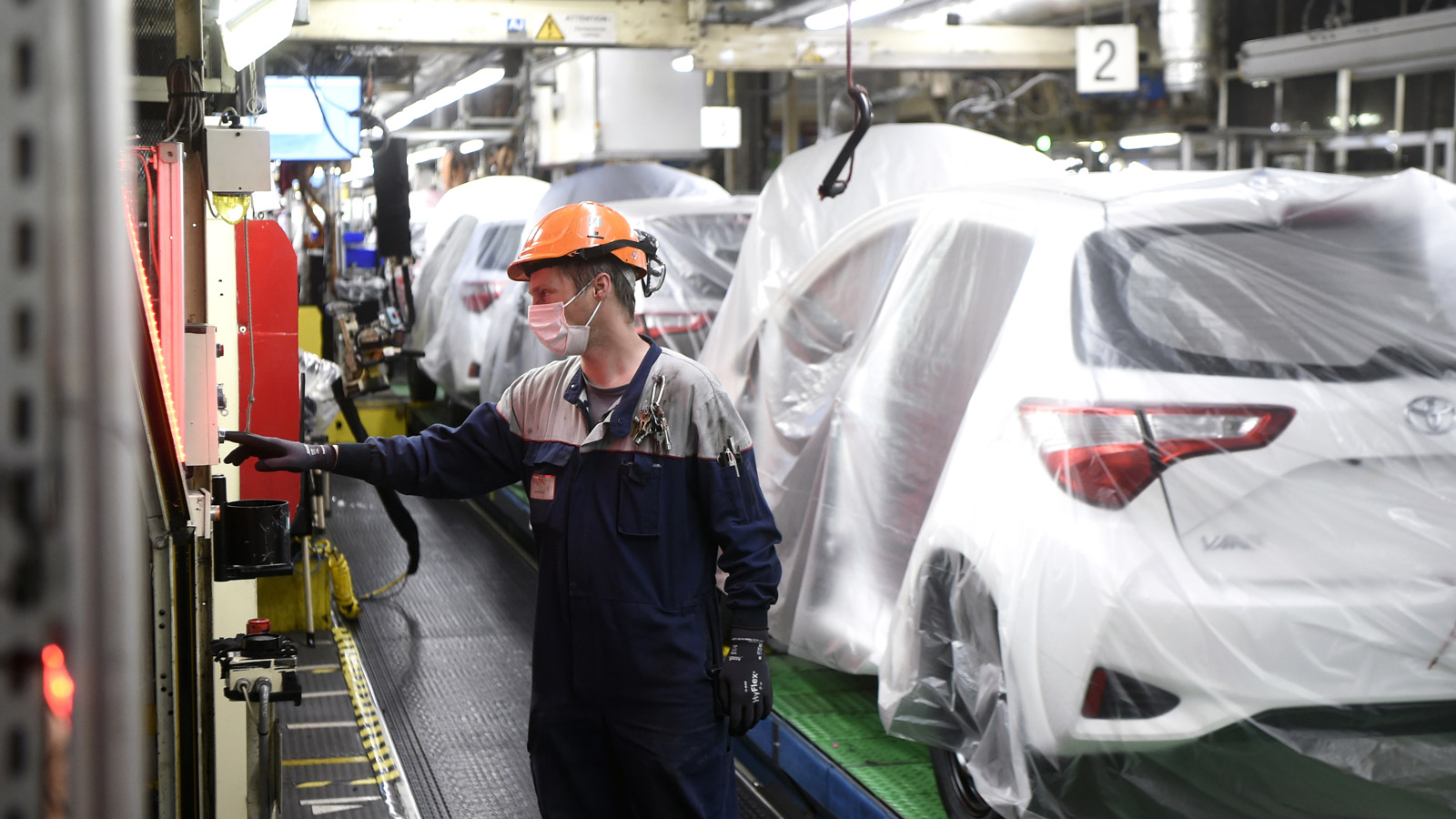The Global Chip Shortage Has Fully Reached The Auto Industry
Semiconductor shortages have reached the auto industry, and seemingly no company is exempt. The Associated Press, Reuters and Bloomberg all reported in the last several days that various manufacturers have been forced to delay or stall vehicle production due to a lack of chips, which are more critical than ever in modern cars to operate everything from in-car entertainment to assisted driving features and so on.
Ford is temporarily shutting down its Louisville plant this week, where the Escape and Lincoln Corsair are built. Nissan is reducing production at its Oppama, Japan, factory, where it manufactures the Note. Fiat Chrysler is pausing activity at its Brampton, Ontario, and Toluca, Mexico, plants, affecting the Jeep Compass, Chrysler 300 and Dodge Charger and Challenger, while Toyota is limiting Tundra production at its San Antonio factory.
General Motors told CNBC it hasn't yet had to adjust activity at its plants, but it is "closely monitoring the situation," according to company spokesman David Barnes.
The industry isn't facing the ramifications of silicon shortages alone. The reason you'll find fewer cars on dealer lots is the same reason you'll struggle to track down that laptop or game console you've been eyeing. For automakers in particular, the problem was exacerbated because chipmakers first focused their efforts on responding to a booming demand for consumer electronics early in the pandemic, as we all found ourselves stuck at home. As the AP explains:
Industry officials say semiconductor companies diverted production to consumer electronics during the worst of the COVID-19 slowdown in auto sales last spring. Global automakers were forced to close plants to prevent the spread of the virus. When automakers recovered, there weren't enough chips.
The lack of resources has also forced carmakers to prioritize the production of volume sellers and vehicles with wider profit margins, while shifting efforts away from less-popular models. Expect a larger stock of trucks, SUVs and crossovers, smaller inventory of sedans.
And if the effects of demand outstripping supply weren't bad enough, government sanctions are twisting the knife, too. Last month, the United States blacklisted Semiconductor Manufacturing International, China's largest chip producer, based on suspected ties to the Chinese military. Companies that use U.S.-origin components are forbidden from doing business with the chip maker, forcing them to find alternate suppliers at a time when chipmakers are already overextended.
U.S. car sales dropped 15 percent last year compared with 2019, which wasn't quite as bad as many had forecast earlier in 2020. Dealers have been operating for a while with roughly a quarter less new inventory than they'd typically have, which has driven up used car sales. Ongoing bottlenecks like this global semiconductor shortage ensure that trend isn't going to change for the better anytime soon.
